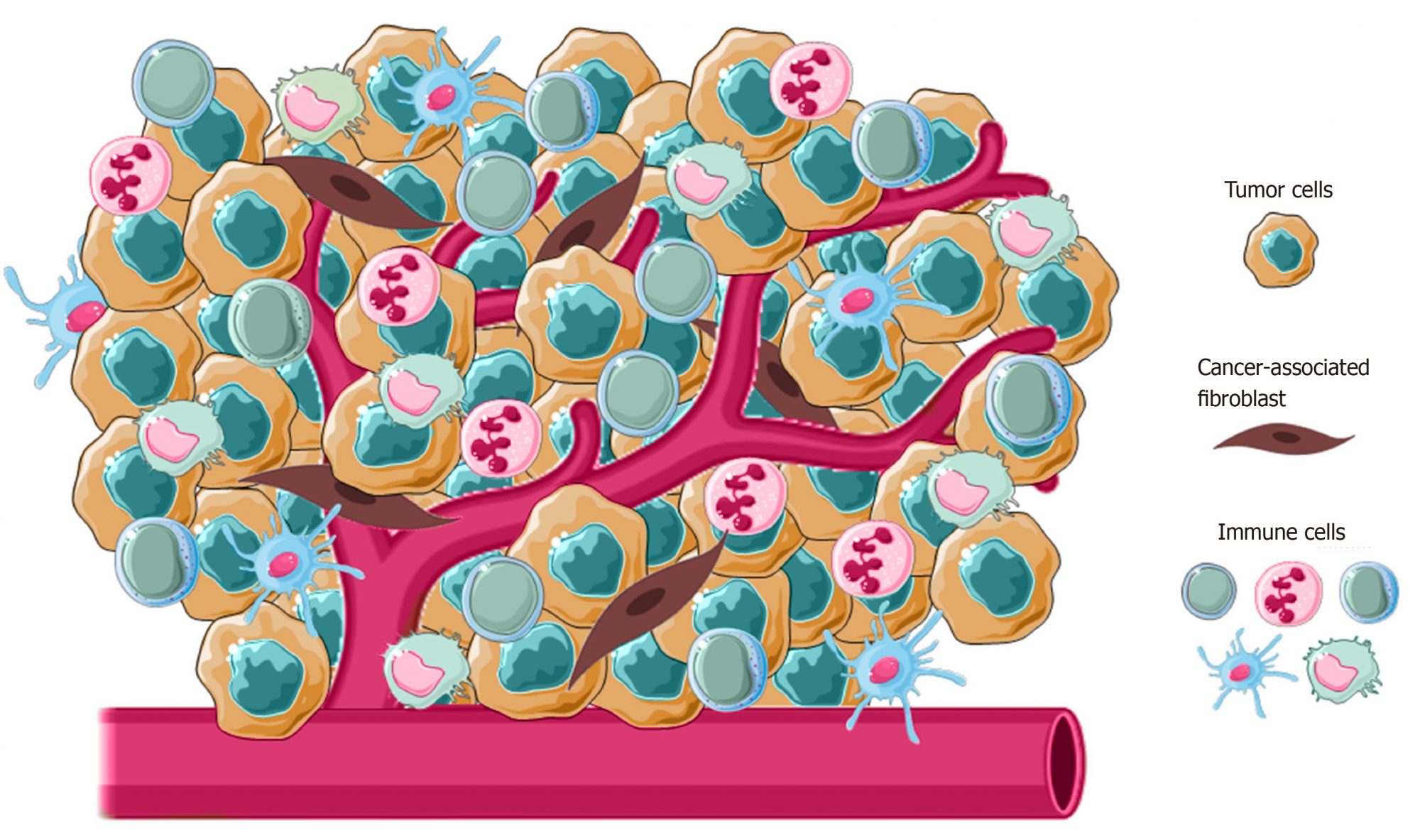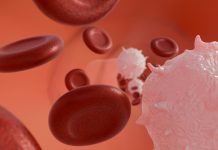Current oncology treatments have significantly improved cancer survival rates, but more effective and safer therapeutics are needed
With a total of 30.2 million new cases and approximately 16.3 million deaths expected by the Global Cancer Observatory for 2040, cancer treatment is one of the biggest medical challenges worldwide. Conventional and well-known treatments to tackle the disease are surgery, radiation and chemotherapy.
These methods have achieved increased cancer survival rates for many types of cancer over the past decades. However, untargeted chemotherapy can cause severe toxicity in healthy organs and is known to often increase the rate of cancer mutations, causing tumour cells to become resistant and leading to cancer recurrence and/or metastasis to distant organs.
At the same time, radiotherapy is known to locally cause adverse effects and has a limited therapeutic value in many types of cancer. Thus, novel therapeutic strategies are urgently needed [1].
Targeted therapies have been developed to specifically target proteins expressed by tumour cells, which control how they grow, divide and spread. One approach is to inhibit their growth by blocking molecular targets, such as growth pathways essential for tumour formation.
A significant breakthrough was the development of Glivec, as it changed chronic myeloid leukaemia, a previously deadly cancer, into a chronic disease. Many other drugs have been approved for cancer treatments, but they have limitations like those of conventional treatments.

Targeting tumour cells is often not enough for an effective cancer therapy
Tumours create their own supporting system, known as the tumour microenvironment (TME) [2]. The TME consists of factors produced by tumour and non-tumour cells, such as immune cells, fibroblasts and endothelial cells that are recruited and reprogrammed. It protects the cancer cells against the body’s own immune system, allowing the tumours to grow.
A major challenge is to suppress this tumour “escape” function, hence exposing the cancer cells to the immune system and eliminating them. Strategies to modulate the immune system have successfully been developed and approved to inhibit immunosuppressive factors (e.g. PD-1, CTLA4 and PD-L1). However, only a minority of patients benefit from these approaches.
To further increase the repertoire of therapeutics available, the biopharmaceutical industry is working at full steam. Among these players is Secarna Pharmaceuticals, a Germany- based company that has made the development of effective cancer therapies one of its top priorities: eight of its 10 internal programmes focus on key players in TME and other tumour drivers.
With a team of experts in the fields of immune oncology and antisense therapeutics, an RNA-targeting technology, Secarna is developing therapies with the potential to address the key hurdles in cancer treatment.
RNA-targeting technologies: A next wave of cancer therapeutics addressing proteins that are today considered undruggable
Small molecules or antibodies have been designed to modulate the function of dysregulated proteins identified to have a role in cancer development. However, about 70%-85% of these proteins are today considered undruggable or difficult to target. Reasons for this are related to the protein’s structure or location within a cell.
To address this dilemma, approaches that suppress the expression of proteins in contrast to modulating their function have emerged as a new modality. Antisense Oligonucleotides (ASOs) have a mechanism of action that mainly relies on complementary base pairing to the RNA coding for the targeted protein and have the potential to specifically silence any gene.
Secarna is taking such an approach. The company’s technology uses single- stranded DNA-based ASOs that are chemically modified to enhance metabolic stability, binding affinity and reduce unwanted side effects such as undesired immune stimulation.
A key modification is the locked nucleic acid (LNA) modification. ASOs are designed to bind in the nucleus to the RNA that codes for the protein of interest. After binding, the target RNA is degraded via a cell endogenous mechanism, preventing the formation of the protein. Thereby, ASOs act one step before other modalities such as small molecules and antibodies.
Next-generation ASOs: Expanding the therapeutic toolbox against cancer
Secarna has demonstrated that LNA- modified ASOs achieve a potent target knockdown in different cell types that shape the immunosuppressive TME after systemic administration. Pathways targeted by Secarna include the adenosine axis, where extracellular ATP is converted into adenosine, known to suppress the activity of anti-tumour effector immune cells. The main ASO candidates have been designed to suppress the expression of the ectonucleotidases CD39 and CD73, successfully reverting their immunosuppressive effect.
Secarna has also developed ASOs that suppress main players of the kynurenine pathway IDO1 and TDO2, which in turn eliminate the essential amino acid tryptophan and produce immunosuppressive kynurenine.
A further promising target is NRP1, which has multiple tumour-promoting roles, by affecting immune cells, supporting formation of new blood vessels and boosting tumour metastasis and aggressiveness. Secarna has successfully identified ASOs that potently reduce NRP1 expression and, in vivo, led to reduced tumour growth as monotherapy and tumour regression in combination with immune checkpoint blockade.
Most recently, Secarna has successfully shown that it is possible to simultaneously suppress PD-L1 expression and activate immune- stimulatory TLR9 signalling with just one ASO molecule, demonstrating the great adaptability of the company’s technology.
Due to the complexity of cancer, one- treatment approaches are not enough to tackle this disease.
Secarna’s versatile LNAplus ASO platform, and its ability to offer novel therapeutic solutions to overcome cancer treatment resistance, can potentially enable or improve the activity of other treatment modalities, paving the way for the development of new combination therapies.
Footnotes
- Precision Anti-Cancer Medicines by Oligonucleotide Therapeutics in Clinical Research Targeting Undruggable Proteins and Non-Coding RNAs
- RNA-mediated immunotherapy regulating tumor immune microenvironment: next wave of cancer therapeutics

This work is licensed under Creative Commons Attribution-NonCommercial-NoDerivatives 4.0 International.











